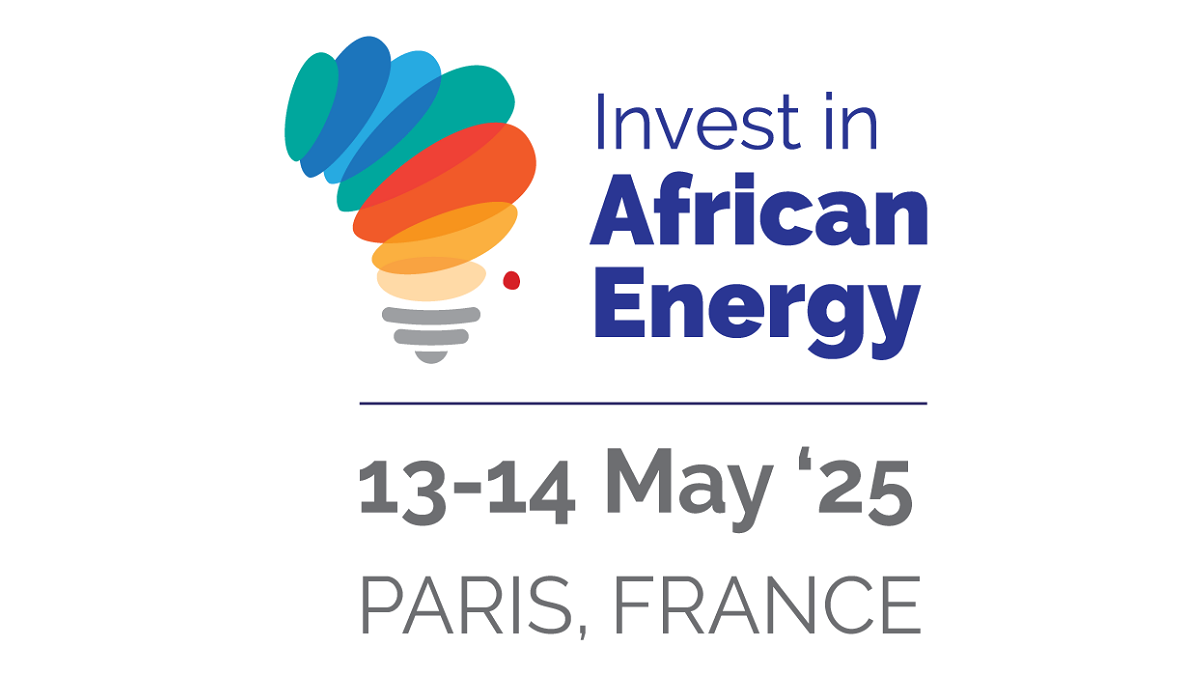Offering 29 blocks across the Liberia and Harper Basins, Liberia provides substantial exploration and production opportunities, backed by high-quality seismic data and favorable terms aimed at attracting international investment
PARIS, France, January 17, 2025/APO Group/ —
Last August, the government of Liberia, through the Liberia Petroleum Regulatory Authority (LPRA), launched its Direct Negotiation Licensing Round, offering 29 offshore blocks in the Liberia and Harper Basins. This licensing initiative is designed to stimulate further exploration and production activity in Liberia’s offshore oil and gas sector, aligning with the government’s broader goals of economic diversification, sustainable energy development and attracting significant foreign investment. Below is an overview of the available licensing opportunities, from technical specifications to potential implications for the sector.
Technical Specifications
Liberia’s licensing opportunities focus on offshore areas in the Liberia and Harper basins, which are recognized for their geological potential and under-explored prospects. The round includes a diverse portfolio of 29 offshore blocks, covering both established and unexplored areas.
To aid potential investors, Liberia has partnered with energy data firm TGS to offer an extensive suite of multi-client subsurface data. This dataset encompasses over 24,000 km of 2D seismic data and more than 26,000 km² of 3D seismic data. Among this, TGS has reprocessed 5,100 km² of 3D seismic data and 12,000 km of 2D seismic data, utilizing advanced Pre-Stack Depth Migration technology for clearer imaging of subsurface features. This technology is especially beneficial for understanding key targets within Cretaceous reservoirs, enhancing prospects for successful exploration and development.
The blocks are located in the syn-rift Lower Cretaceous to deepwater Upper Cretaceous geological layers, with a variety of source rock intervals across the stratigraphy. The high-quality seismic data provided, which also includes gravity and magnetic data, will give bidders a comprehensive understanding of the potential within these under-explored, yet proven petroleum systems. This information will be critical in evaluating prospects and making informed decisions during the bidding process. The licensing round follows the 2019 amendments to Liberia’s Exploration & Production law, which are designed to ensure a competitive and transparent process. The inclusion of 100% cost recovery on pre-Production Sharing Contract seismic data further adds to the attractiveness of the round, offering a clear pathway for investors to recover their initial exploration costs.
What to Expect
The direct negotiation process marks a significant step in Liberia’s strategy to accelerate the development of its offshore resources and increase oil production. With 29 blocks available in highly prospective basins, the government aims to attract international oil companies with the technical and financial capacity to develop the offshore fields. At the same time, the licensing round also presents opportunities for smaller, independent companies that are more suited to developing marginal fields.
Liberia’s offshore sector has long-held potential, but much of it remains under-explored. The high-quality seismic data provided by TGS and the availability of a diverse range of blocks are expected to spark renewed interest in the country’s offshore hydrocarbon resources. Notably, the inclusion of both shallow and deepwater prospects in the round is likely to encourage bids from a wide range of investors, each with their unique expertise and capabilities. As the sector develops, it is expected that the licensing round will not only generate substantial foreign investment, but will also provide a foundation for new job creation, technology transfer and local capacity building in Liberia’s nascent oil and gas industry.
Implications for the Sector
Liberia’s offshore blocks present a significant opportunity to unlock the country’s oil and gas potential, aligning with national goals for socioeconomic development. The availability of high-quality seismic data, combined with favorable licensing terms – including cost recovery for seismic data – will be crucial in attracting international investment. The licensing round is expected to stimulate exploration and drive new discoveries, with successful bids and exploration projects likely to enhance energy security and attract increased foreign direct investment across new and related sectors in the medium to long term.
The round will also provide opportunities for collaboration with both established and global oil and gas players, reinforcing Liberia’s reputation as an attractive and competitive destination for exploration and production. As the round progresses, it will set the stage for Liberia’s continued growth in the hydrocarbon sector and integration into the larger West African energy landscape. The licensing round is expected to be showcased at the upcoming Invest in African Energy Forum in Paris in May 2025, offering further exposure to potential investors. Liberia’s commitment to a transparent and competitive environment, coupled with the support of international data providers like TGS, positions the country as a rising player in the West African oil and gas sector.
IAE 2025 (http://apo-opa.co/4aitbqZ) is an exclusive forum designed to facilitate investment between African energy markets and global investors. Taking place May 13-14, 2025 in Paris, the event offers delegates two days of intensive engagement with industry experts, project developers, investors and policymakers. For more information, please visit www.Invest-Africa-Energy.com. To sponsor or participate as a delegate, please contact sales@energycapitalpower.com.
Distributed by APO Group on behalf of Energy Capital & Power.
